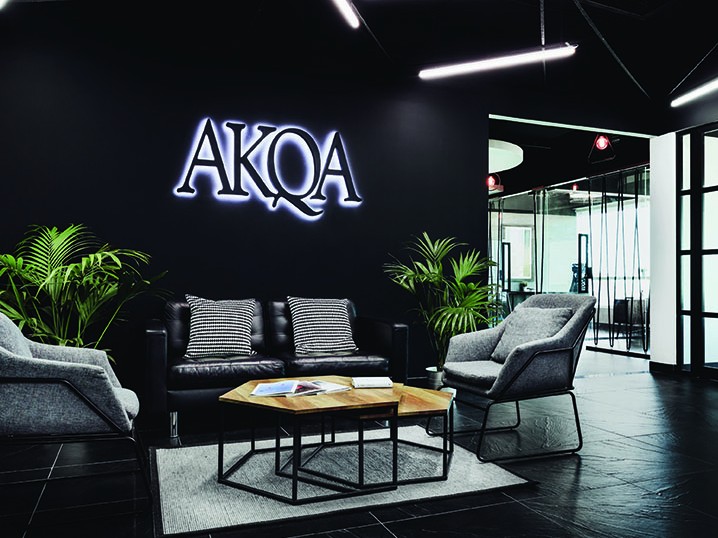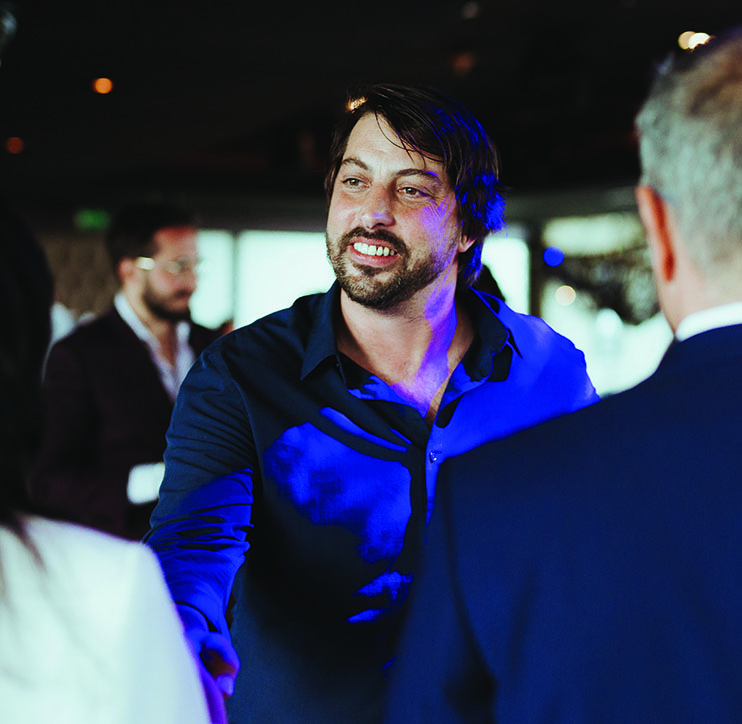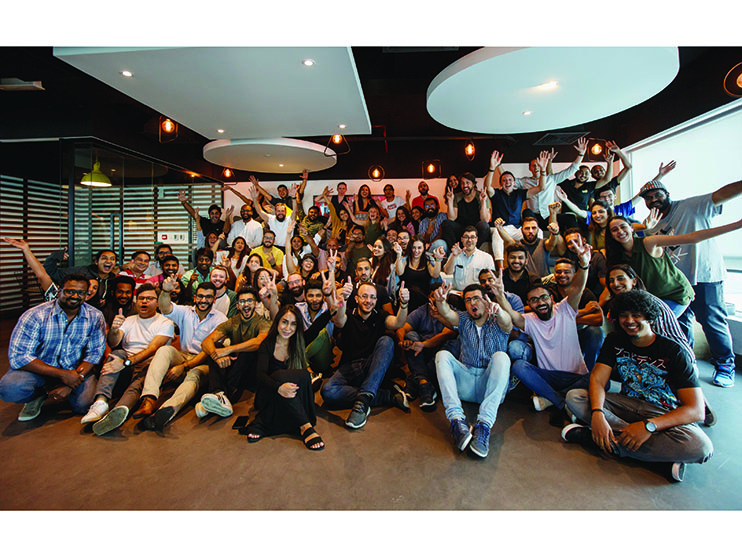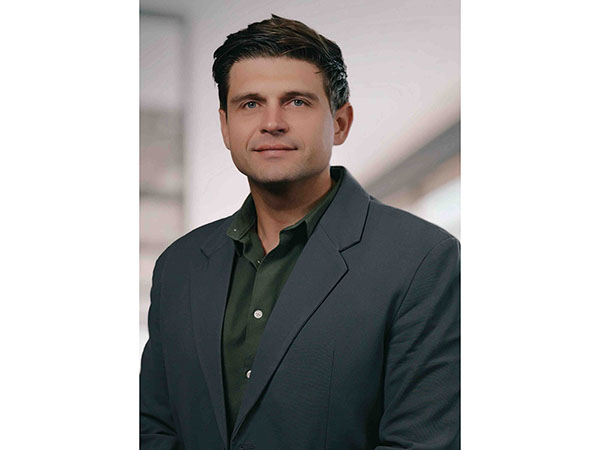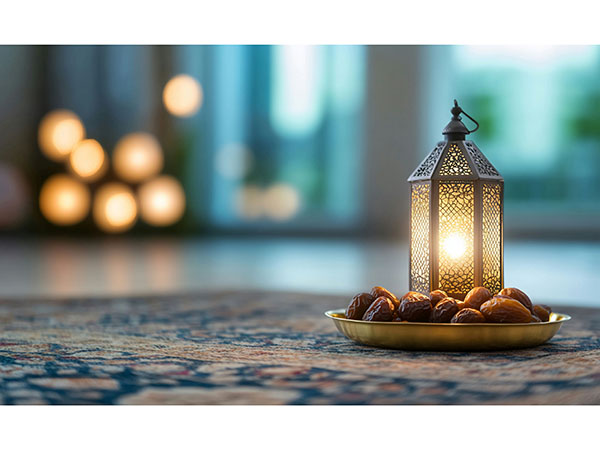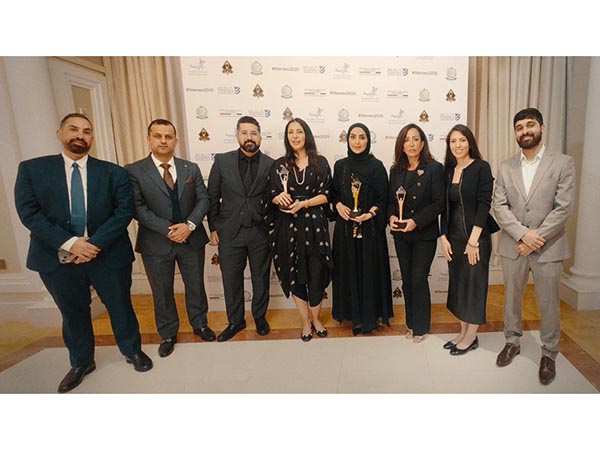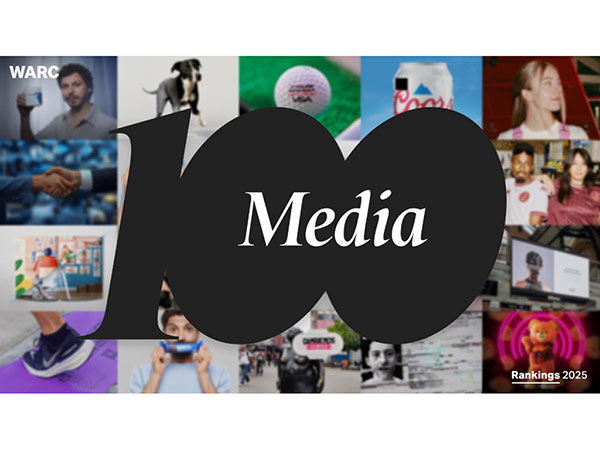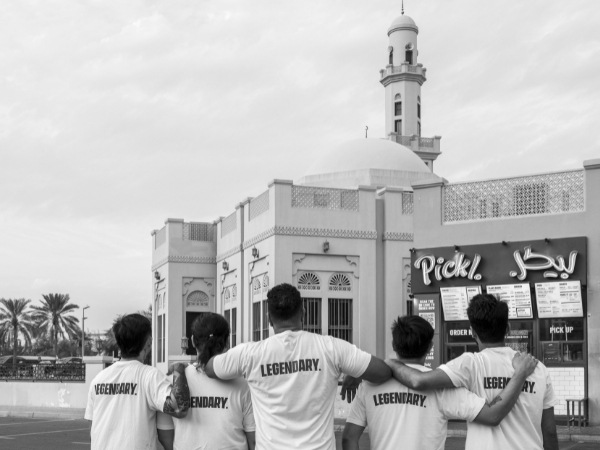News - Advertising
When Hug became AKQA - an interview with Tim Baker
by Iain Akerman
February 20, 2020

“You know what, I feel we’ve earned this and we’re worthy of it,” says Tim Baker, the managing partner of AKQA MENA. “It’s a bit like we’re being verified. We’ve worked for 10 years, we’ve built a sustainable business, we have a great reputation, we have great clients, and therefore we are allowed to take this step.”
That step is the transformation of Hug Digital into AKQA. Once an independent, then a partner to Grey Group following WPP’s acquisition of a majority stake in the agency in 2017, Hug officially became AKQA on 1 January, bringing to an end a decade of operation as one of Dubai’s greatest homegrown digital agencies. It also brought Hug’s partnership with Grey to a close, with both agencies having realised they were competing for the same business.
Not that Baker is now tempted to sit back and relax. Rather than taking their feet off the pedal, Baker and Hug’s co-founder, Oussama Jamal, appear to have sped things up. The agency is hiring staff, has expanded its operations into Saudi Arabia, and is shifting its entire Egypt operation from Zamalek to 6th of October, where a new office has been designed from scratch. In total, AKQA MENA has four offices and 220 staff.
“What often happens in earn outs is partners don’t continue to reinvest,” says Baker. “They cut costs. We’ve done the opposite. We’re building for the future. It’s about business, it’s about continuing that growth trajectory and we’re not done in any way. It’s not ‘deal’s done, let’s relax’. It’s ‘let’s go, what’s next?’”
“If I look at what Hug’s achieved in 10 years and what AKQA has achieved in over 20 years, I feel like we’re a little brother who’s going on the same journey.”
What is next?
“I’ve talked to Ajaz [Ahmed, chief executive of AKQA] about the multiplier effect,” replies Baker. “How do you turn the agency from being the size it is now to being double the size? And that’s what’s in our heads. In the next three years I’d like to see us double the size of our business. That could all come from Saudi Arabia alone. We feel that Saudi could easily be bigger than Egypt and the UAE combined within three years.”
Such growth is far from implausible. When Baker and Jamal first launched Hug in 2009, the Dubai office covered 1,000 square feet of Concord Tower. Now, having consumed five other offices, it is spread across 8,500 square feet. A sizeable chunk of that space is taken up by a new production facility, for which the finishing touches were still being finalised at the time of going to press. The agency has also recorded double digit growth every year since the WPP acquisition and is likely to do so again this year.
For Baker, the union with AKQA was an obvious one. He loved the agency’s work, its thinking, and the direction in which it was headed. He also believed it offered the best opportunity for Hug to lift its creative proposition. Importantly, the transformation of Hug into AKQA would also give the London-headquartered network its first foothold in the Middle East.
“The next challenge is then having the right clients with the right mindset to let you do the things you want to do.”
“If I look at what Hug’s achieved in 10 years and what AKQA has achieved in over 20 years, I feel like we’re a little brother who’s going on the same journey,” says Baker. “What they do is different to us, but after our senior team came back from London we sat down and we said, ‘you know what, we’ve got Hug this far, we were scratching our heads how to apply the next level of excellence, and to suddenly be part of an established agency like AKQA, with a really tight framework and really clear views on how to do things, was exactly what we needed.”
Now the job is to make sure AKQA MENA works. That will mean a crystal clear focus on AKQA’s proposition of creative communication, performance and experience, as well as tapping into the quality of its global thinking and building on Hug’s regional success story.
“We’ve got a really solid team,” says Baker. “It’s not that there’s a skill gap between the US and Europe and here. The difference is we now have clarity ourselves on what is good work and what isn’t and what we want for ourselves. That then translates into the people we’re employing, the sort of people we’re after, and the level of diligence [needed] from our team.
“The next challenge is then having the right clients with the right mindset to let you do the things you want to do. Budgets in particular are important because this whole shift from brand to performance, coupled with the rise of social, has devalued what we do and it’s made people think ‘I’ve got 50K, give me this in three days’. That’s not good for anyone. But there are amazing opportunities for us to uplift our creative proposition and, with all of the investment we’ve made, we’re building for the future.”


